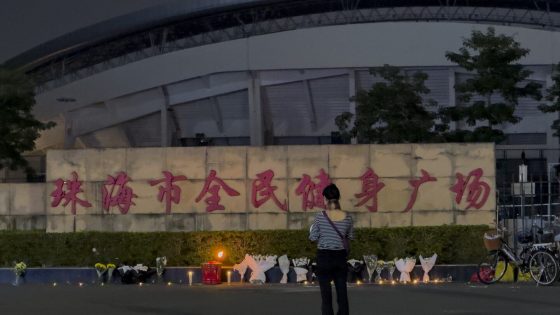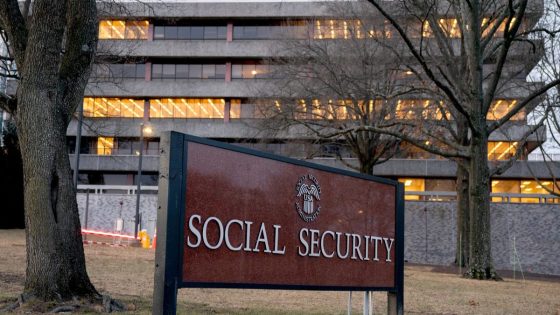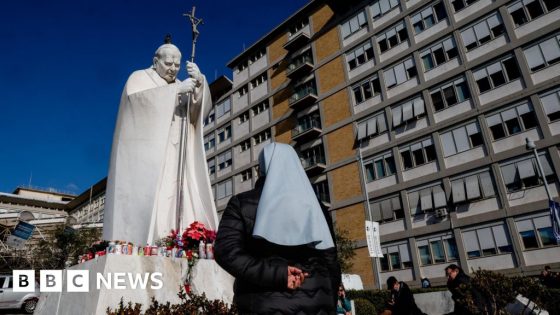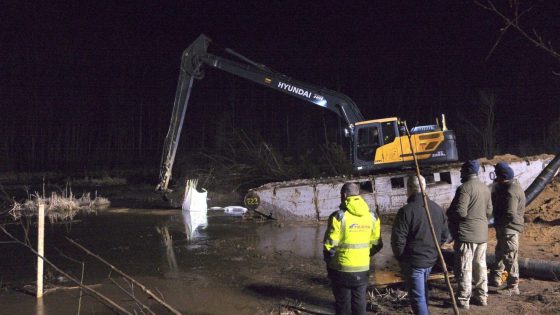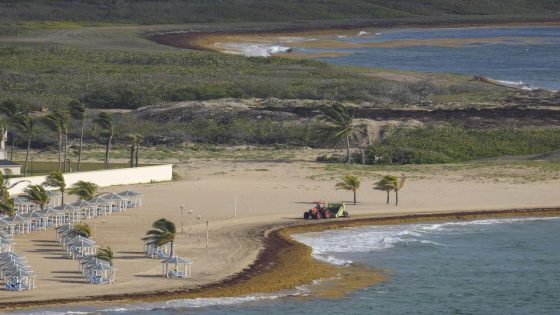On February 27, 2025, reports emerged from Mae Sot on the Thai-Myanmar border detailing the plight of thousands of individuals freed from scam operations. Among them is an Ethiopian man named Mike, who, along with 450 others, is currently stranded in makeshift camps in Myanmar, facing dire conditions.
- Thousands held in Myanmar scam compounds
- Poor living conditions in makeshift camps
- Victims lured by false job promises
- Thailand's slow processing of freed workers
- Concerns over potential retribution from militia
- Urgent need for humanitarian assistance
The recent crackdown on scam operations along the Thai-Myanmar border has led to the release of thousands of victims. However, many of these individuals are now stuck in camps, where they face inadequate food, poor sanitation, and health issues. The armed groups that initially held them have limited resources to care for the large number of freed workers, which has hindered the repatriation process.
Currently, it is estimated that around 100,000 people have been lured into these scam operations, primarily run by Chinese criminals. Despite previous reports of abuse, the promise of good jobs continues to attract individuals from various countries. The situation has worsened as countries like China have taken steps to shut down operations on their side of the border, leaving the Thai-Myanmar border largely unaddressed until recently.
Thailand has begun processing some of the freed workers, with a few groups successfully returned home. However, logistical challenges remain, as many of the individuals lack proper documentation and their home countries are slow to assist. For instance, Ethiopia does not have an embassy in Thailand, complicating the return of its citizens.
As the humanitarian crisis unfolds, organizations are raising alarms about the deteriorating conditions in the camps. Reports indicate that many of the freed workers are suffering from serious health issues, including tuberculosis. The Thai government is under pressure to expedite the repatriation process while ensuring that victims of human trafficking are distinguished from those who may have engaged in criminal activities.
The situation for the freed workers remains precarious, with many fearing they may be returned to their captors if not processed quickly. As Mike expressed, the urgent need for assistance and a safe return to their home countries is paramount.





